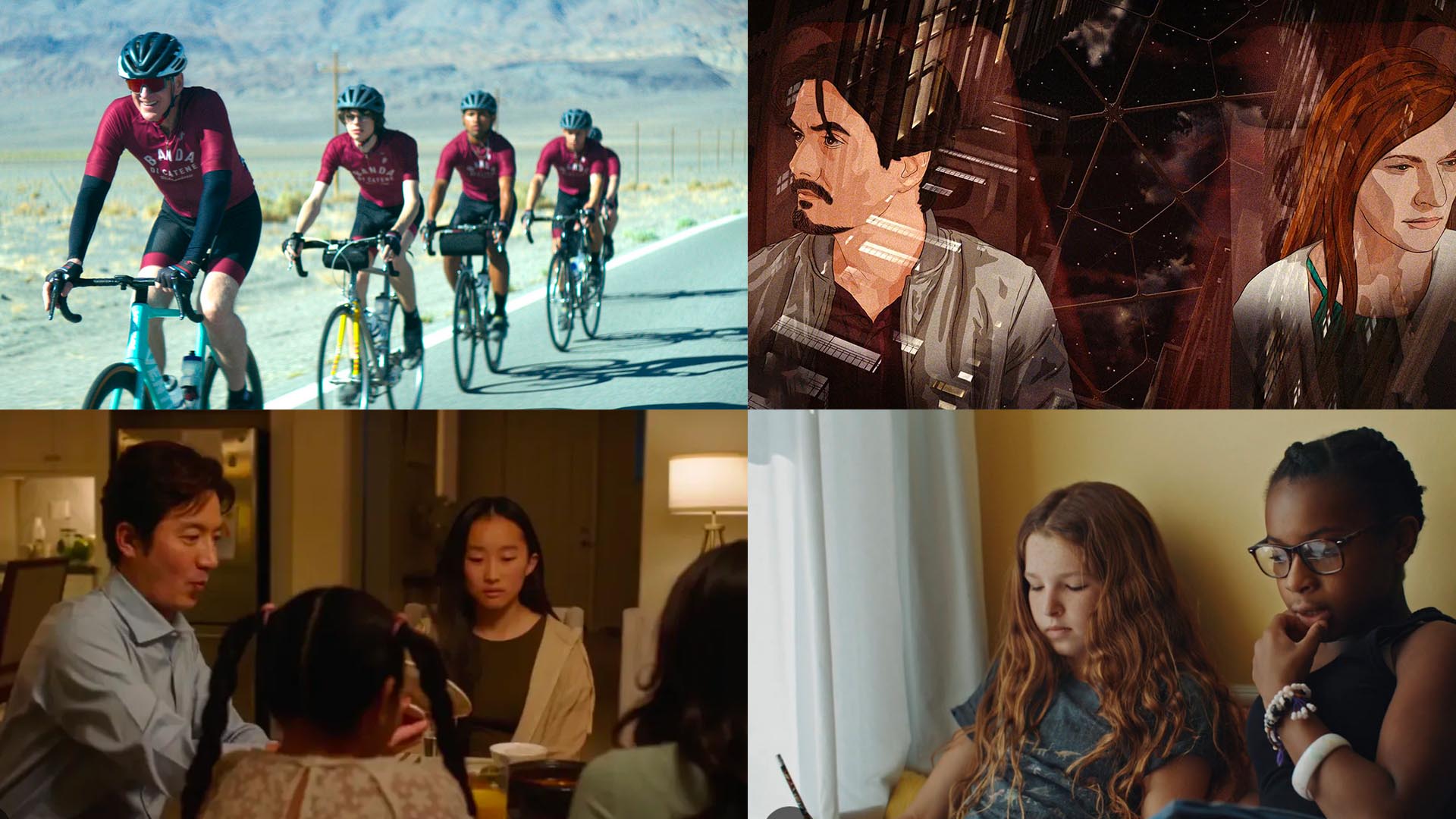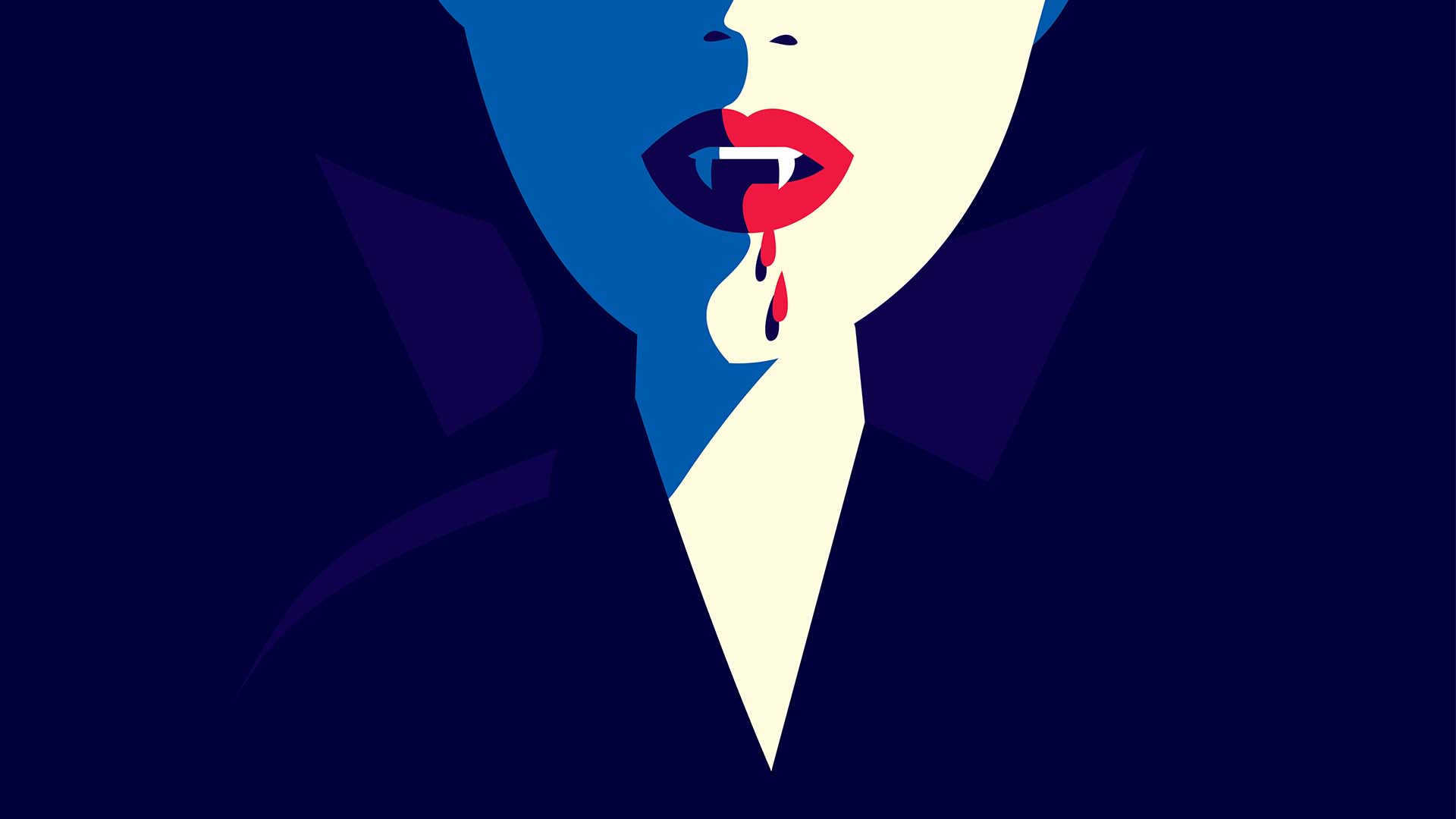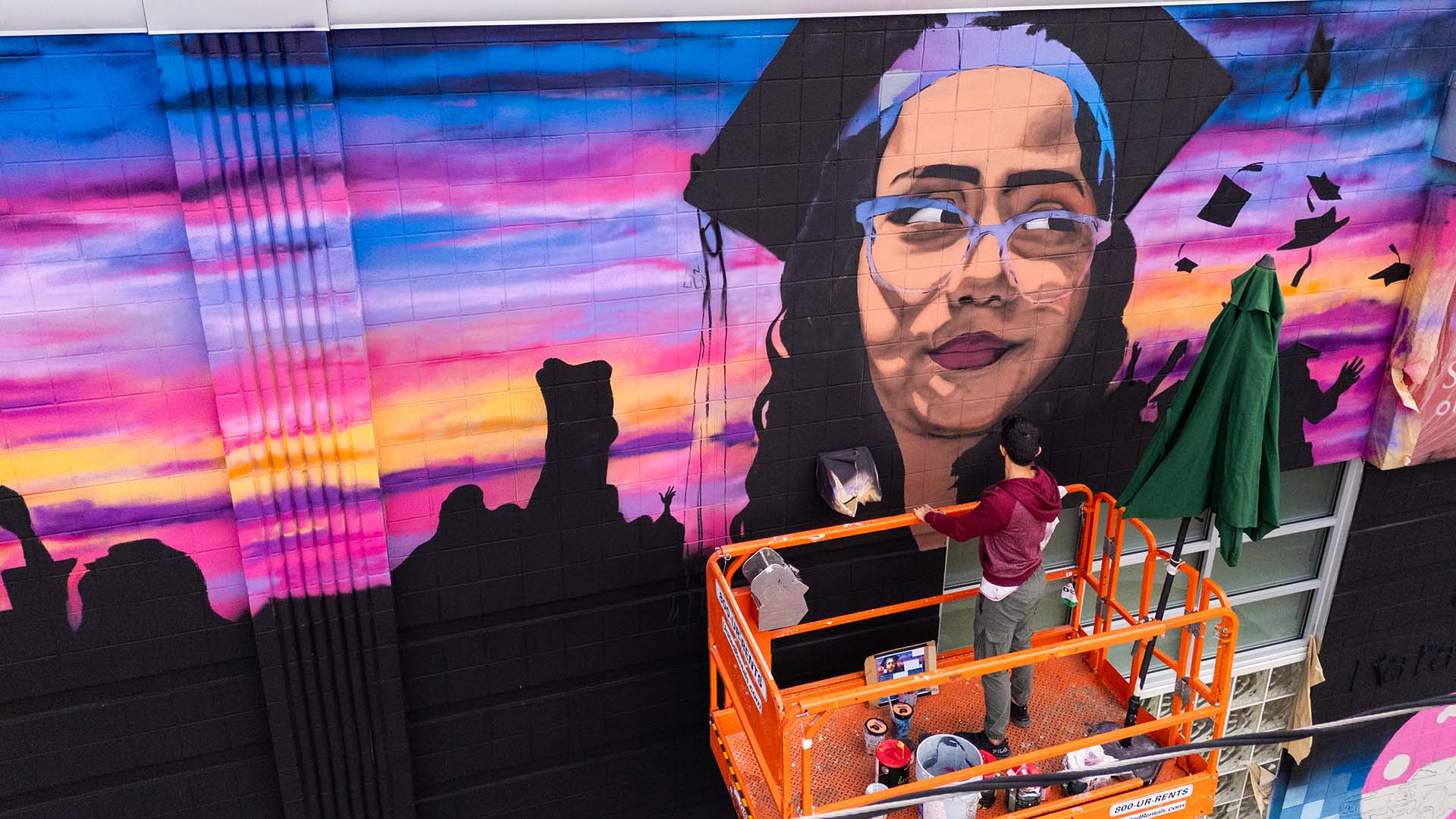The best movies at the Denver Film Festival
Our expert selects the hidden gems you won’t want to miss at this year’s big event.

The Denver Film Festival, taking place Nov. 3-12, features a tempting lineup of 186 features, documentaries and shorts from across the world.
That’s a lot of screen time. So RED asked Vincent Piturro, Ph.D., professor of Film and Media Studies at Metropolitan State University of Denver and our resident movie expert, to pick out some great films that might otherwise fly under the radar.
Where to start? This is wonderful. It’s Hungarian. It’s sci-fi. And it’s rotoscoped (the technique where animators trace over real footage to create realistic-looking action).
Set exactly 100 years in the future, the film posits a world where climate change has wiped out most societies and the remaining few live under giant domes. With scarce resources, everyone also has a strict limit on how long they are allowed to live. It’s basically a love story about a young couple, only wrapped in a climate-ravaged dystopia. (Incidentally, people are increasingly calling this genre “cli-fi.”)
The rotoscoping effect adds an interesting layer because it (literally) paints a world that seems futuristic and yet believable. Best of all, this film does what all great sci-fi does: make important points about the world we live in today.
RELATED: The best movies you’ll ever read
In 2018, the leaders of the Muscogee Nation, the fourth-largest Native American tribe, abruptly decided to censor their free press. With an election looming, the tribal government was facing a raft of corruption-related stories and simply repealed the nation’s Free Press Act overnight.
This enthralling documentary follows a doggedly stubborn journalist, Angel Ellis, who refused to bow to powerful forces and took up the fight for press freedom.
I love this film. While it tells a pretty straightforward and conventionally structured story, it bounds along with huge energy and plays out like a nail-biting political thriller. You’ll find yourself riveted and rooting hard for the gutsy protagonist.
This tender and quietly moving film follows a lonely 16-year-old Korean American girl living in Los Angeles during the early 2000s. First-time writer-director So Young Shelly Yo shows a steady and sensitive hand in portraying the vagaries of teenage life.
The protagonist, Hayoung, is struggling on multiple fronts. While coping with her divorced parents and younger sister at home, she also has to negotiate the choppy social waters at a preppy summer boot camp — and her outsider status as a Korean American.
The term “coming-of-age story” can sound like a pejorative these days, but unlike so many other teen-girl movies, this isn’t at all trite or superficial. Hayoung’s difficulties, conveyed with genuine depth and raw emotion, shine a light on the cruelties of a teenage world that usually remain hidden from grownups. But perhaps most important, this sad and lovely film gives voice to a segment of our population that we don’t get to see often enough on screen.
RELATED: Denver After Dark: best movie theatres
This haunting, elegiac documentary about the Appalachian coal industry constantly surprises. Filmmaker Elaine McMillion Sheldon, a West Virginian from multigenerational mining stock, expressly set out to explore the “psychology of coal,” rather than its economic, social or environmental impacts. Consequently, you’ll find little here in the way of soot, coal-black faces and black-lung disease.
Instead, Sheldon traces the ways in which the coal economy still resonates throughout Appalachian communities — featured in school projects, football programs and beauty pageants — even as it slowly dies out.
Like Sheldon, the local communities in this documentary appear to have a complicated relationship with the carbonized black rock that has sustained and often poisoned them and now seems to be abandoning them. It struck me that the film looks upon the coal industry as you would an embarrassing, mildly racist uncle at Thanksgiving — destructive and outdated, yet still family and thus deserving of some lingering affection.
What would you do if you were a social worker assigned to a group of directionless teenage convicts upturned by gang life and addiction and wanted to give them a sense of purpose? If you were Greg Townsend, you’d assemble them into a cycle team and take them on a transformative 1,000-mile bike ride.
Starring Matthew Modine, this film tells the true story of a committed man who led an extraordinary cycling journey from Denver to the Grand Canyon. (For homegrown audiences in particular, this is a real treat because you get to see our state’s jaw-dropping scenery in full cinematic glory.)
Bottom line: You probably won’t see this film at the Oscars. It was made on a small budget, the cast is mostly unknown, and the plot hits a lot of familiar notes. But it’s also a wonderful story about hope and redemption that features some stellar performances and a keen sense of humanity. And sometimes, that’s enough.
“Going to Mars (The Nikki Giovanni Project)”
The great poet, writer and activist Nikki Giovanni has produced seminal works covering race and social issues for decades, from the Civil Rights Era through the Black Lives Matter movement. So you might think we were due an orderly and respectful accounting of her lifetime’s achievements.
“Going to Mars” is not that work. Instead, directors Joe Brewster and Michele Stephenson have produced a strange, impressionistic and visually beautiful film that takes a hard swerve away from the typical bio-doc format.
Ingeniously, the filmmakers have opted to portray Giovanni’s life through her art, presenting a kaleidoscope of intimate memories, live readings, archival footage and even visual interpretations of her poetry. The resulting film is raw, lyrical and surprising — just like its subject.
Want to see these movies? Check out the festival program.







